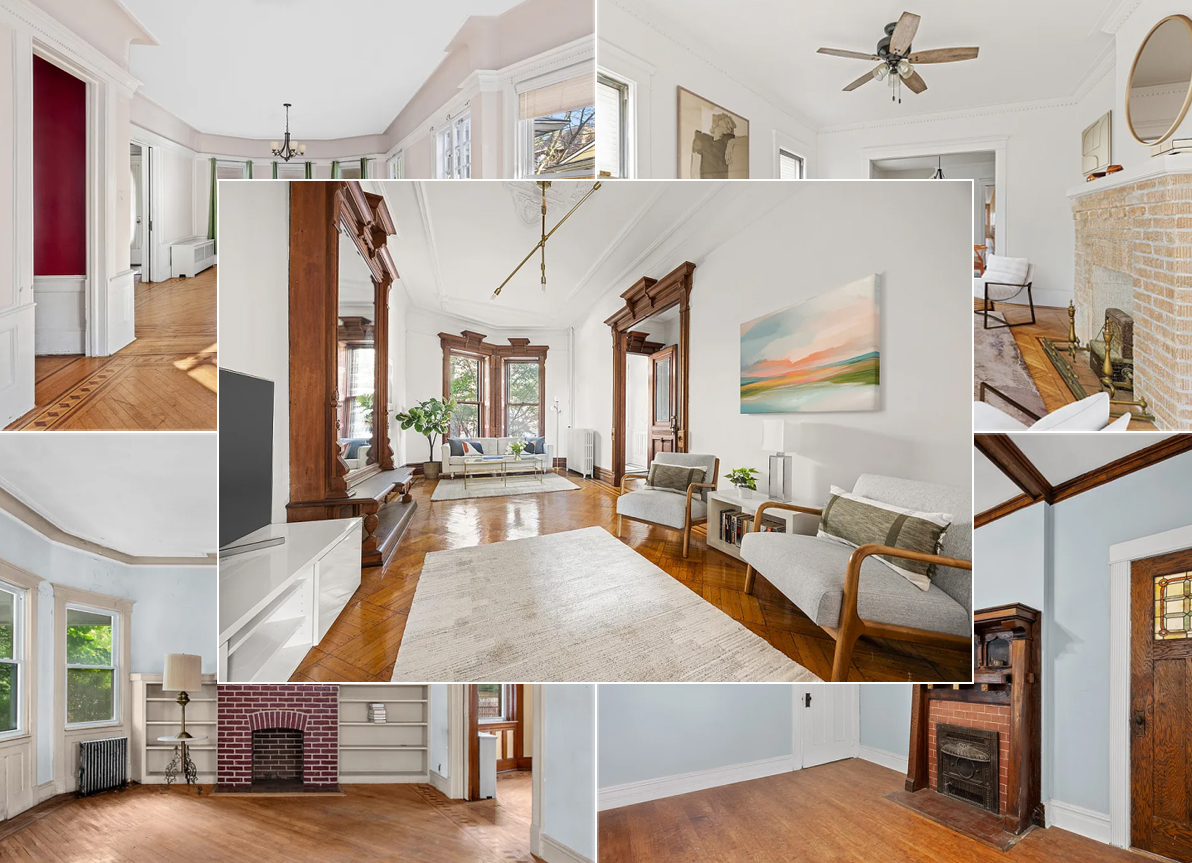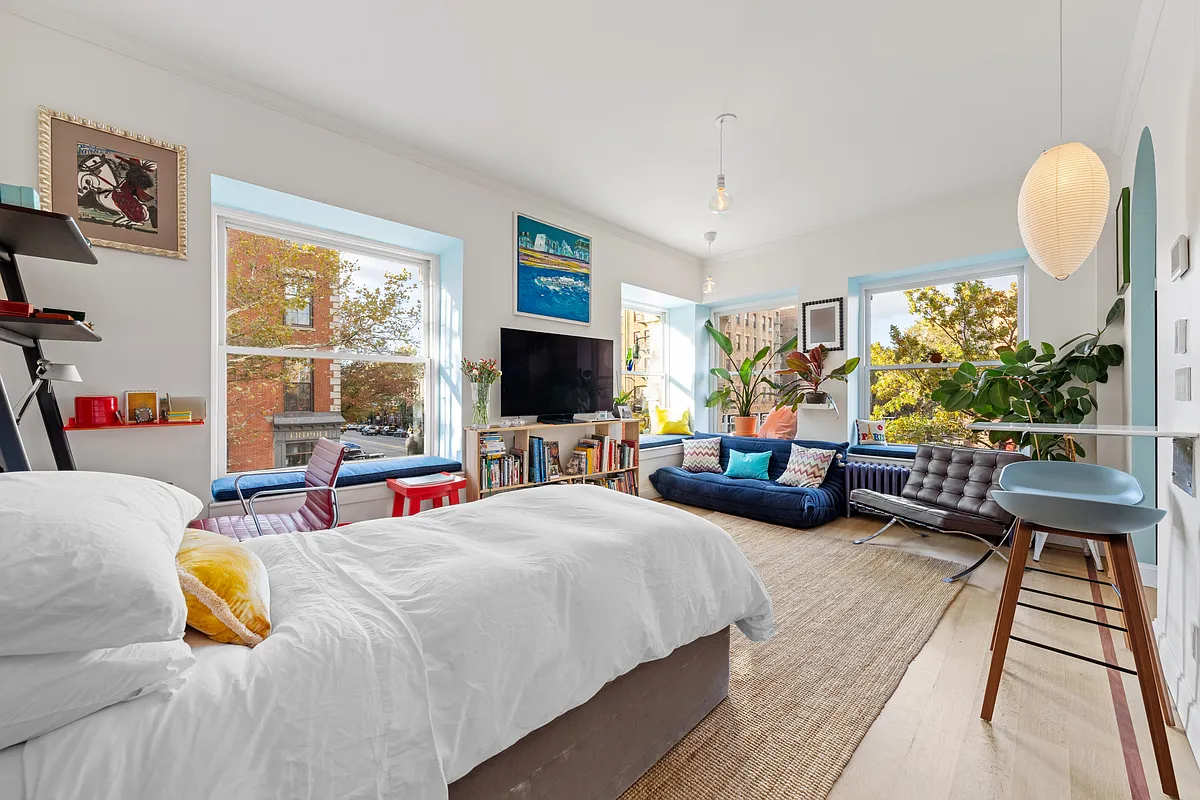Market Report: A Chill In Former Hot Spots
The Wall Street Journal has an eye-opening article about what’s happening in some of the formerly frothiest markets around the country. In parts of Florida, California and Arizona, where home builders have been constructing new units at a furious pace in recent years, the market has reversed quite sharply in recent months: Homes that just…


The Wall Street Journal has an eye-opening article about what’s happening in some of the formerly frothiest markets around the country. In parts of Florida, California and Arizona, where home builders have been constructing new units at a furious pace in recent years, the market has reversed quite sharply in recent months:
Homes that just last year were selling so rapidly that they stayed on the market for just days or even hours are now languishing without buyers or even prospects. Many once-booming markets are seeing double-digit declines in sales. The Florida Association of Realtors reported recently that sales of existing single-family homes were down about 20% in February when compared to the same month a year ago — and they were off as much as 47% in Naples. In California, sales dropped 15% in February compared with last year, led by a 30% decline in Sacramento, according to the California Association of Realtors. February sales were off year over year by about 19% in Washington, D.C., and down about 25% in and around Phoenix.
This isn’t the case everywhere. Prices in “bargain” cities like Indianapolis, Albuquerque, and Houston are still rising. As for Brooklyn? A broker told us just last night that she thought the balance of power has shifted to buyers. Along those lines, check out Curbed’s report on the price cuts at 55 Berry. Whoa!
Hot Homes Get Cold [Wall Street Journal]





Must say that for the price per sq. ft the Sunset Park area looks like the best bet. Why? well it is already geting an influx of Gays and gentrifying is on the move, so you can get a 3000 square foot house for under a million in the 72 pct with no crime. Why not go there instead of areas like Bed stuy or lefferts Garden where the crime is through the roof? I look for good housing stock and crime stats. Sunset Park has both. Good luck
What are folks’ definition of gentrifying neighborhoods? I would say Bed-Stuy and Bushwick.
If housing prices decline–even 25% or 30%–neighborhoods like Fort Greene and Clinton Hill will still likely attract the same people that come now–but maybe with a little less money. People would also be able to use their house as a triplex with one rental, rather than double duplexes–which seems to be more common with the high prices we’re seeing now.
But again, even with a real estate crash, I don’t see how Brownstone Brooklyn is going to revert to how it was 10 or 15 years ago–too many important thresholds have been crossed, like better schools, restaurants and shopping.
anon 2:18. i already own a house (lower park slope).
my thinking is this. when I bought in 2002, I was willing to go into a *somewhat* gentrifying neighborhood — lower Slope, outer Windsor Terrace, Kensington, etc. — but not a nabe that was totally ungentrified (East NY, what have you). I was able to buy my house for < $600K, and wouldn't have been able to afford more. Back then, there were at least some options in the neighborhoods I wanted, tho very tough to find. Now if I had waited, sat on cash, etc., by today I'd have no options (not that I was seriously willing to buy). But if prices were to come down a good chunk, I would then buy in one of the same almost-but-not-totally gentrified nabes I looked at in 2002. So... prices wd come down, but gentrification (to the extent that I represent gentrification, maybe I'm flattering myself) would continue. I may be wrong, tho.
i think gentrification will stop and decline slightly, then pick back up at the next cycle…i believe that’s what happened in clinton hill…
You know, anon 1:45, if all of the priced-out ‘younger, middle-to-upper-middle-class buyers’ agreed collectively to buy in let’s say, bushwick, or east ny, it would gentrify almost overnight. There are some absolutely incredible and, amazing housing stock in those areas.
If you ‘all’ bought there then it would be a win-win. The neighborhood would gentrify, your concerns about safety, trendiness, etc. would eventually be allayed and you probably would end up with a fantastic house or apartment.
I wouldn’t put too much stock in the current hotspots in brooklyn getting any cheaper. Just my nickel of advice.
gentrification and rising prices not nec the same. prices could fall and nabes could continue to gentrify — sad to say, there are plenty of younger, middle-to-upper-middle-class buyers who are priced out altogether now but could afford to ‘gentrify’ at lower prices.
Anon at 12:44, you may have a point, but I think it’s a wait and see issue. I’m not saying it won’t continue to gentrify, but I just don’t think people will be as willing to settle in areas that are still sketchy should prices fall a bit in Park Slope or Brooklyn Heights. I know I wouldn’t but hey, maybe I’m wrong.
Either way, it still boils down to a “Brooklyn is different” argument, and I just don’t buy those for any area – everyone thinks their area is special and immune to any downturn.
Anon 12:34,
Ultimately the reason Brooklyn is gentrifying is not just because prices are high in Manhattan. It is because generation X and Y is moving back into the inner cities in general, and New York in particular. We are seeing a massive migration of the children of the upper middle class and wealthy suburbanites moving back into New York. Manhattan cannot house them all. Thus Brooklyn WILL continue to gentrify as they discover that Brooklyn has just as good amenities, often closer commute distances, and generally more pleasant people.
“…considering how quickly the borough continues to gentrify.”
IF it continues to gentrify. The issue is always that if prices drop everywhere, people will not buy into the gentrifying neighborhoods when they can buy into a nice, well-established neighborhood at a cheaper price. Brooklyn will always be cheaper than Manhattan, that’s true, but not all areas of Brooklyn are created equal.
And in down markets, no neighborhood is truly safe – a decline can happen in the fanciest towns as easily as it does in the worse ones. The worse ones just usually take an earlier and bigger hit. Down markets don’t happen overnight – real estate cycles are long. Right now we seem to be nearning the end of a 10 year boom…what next?